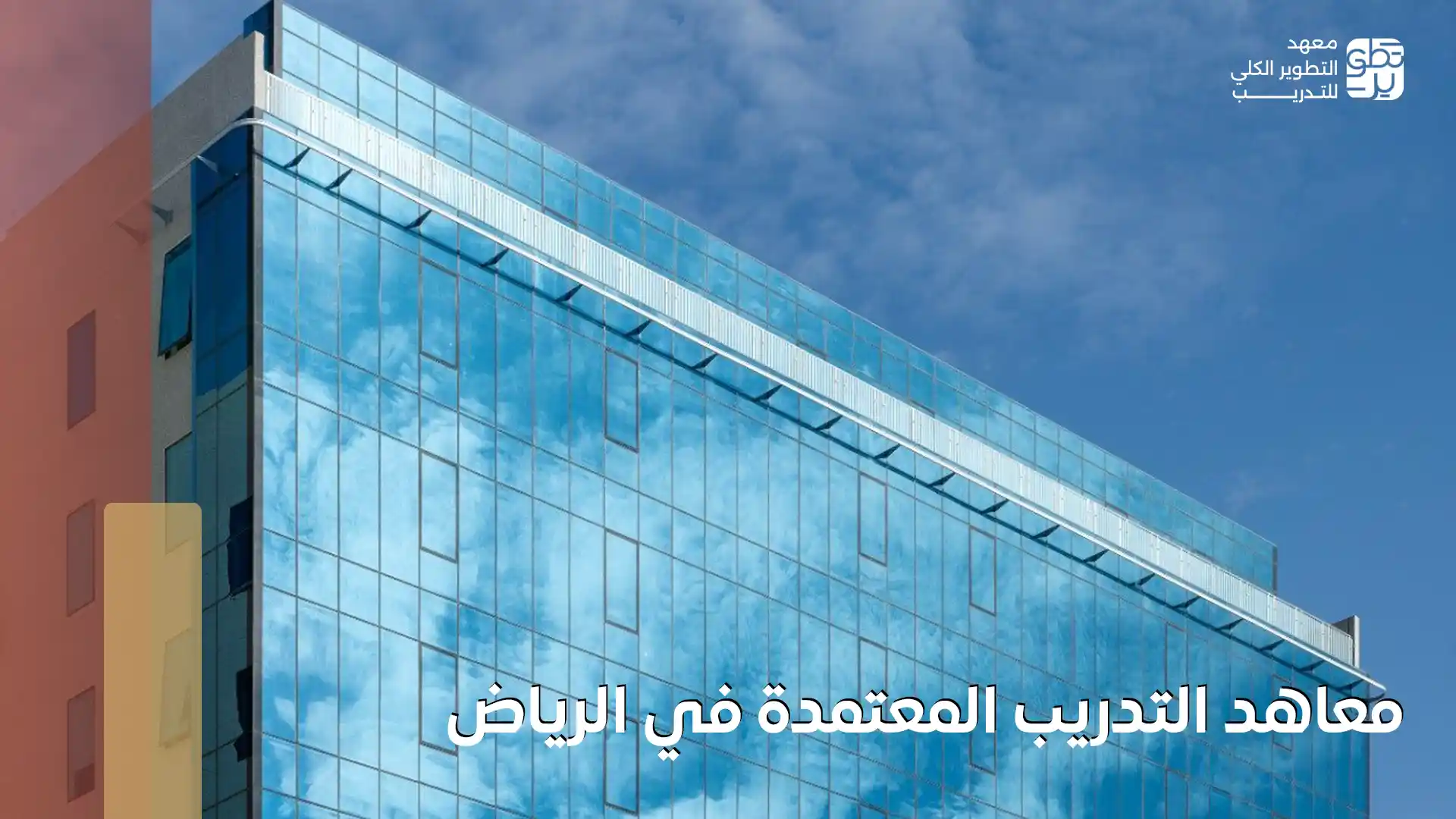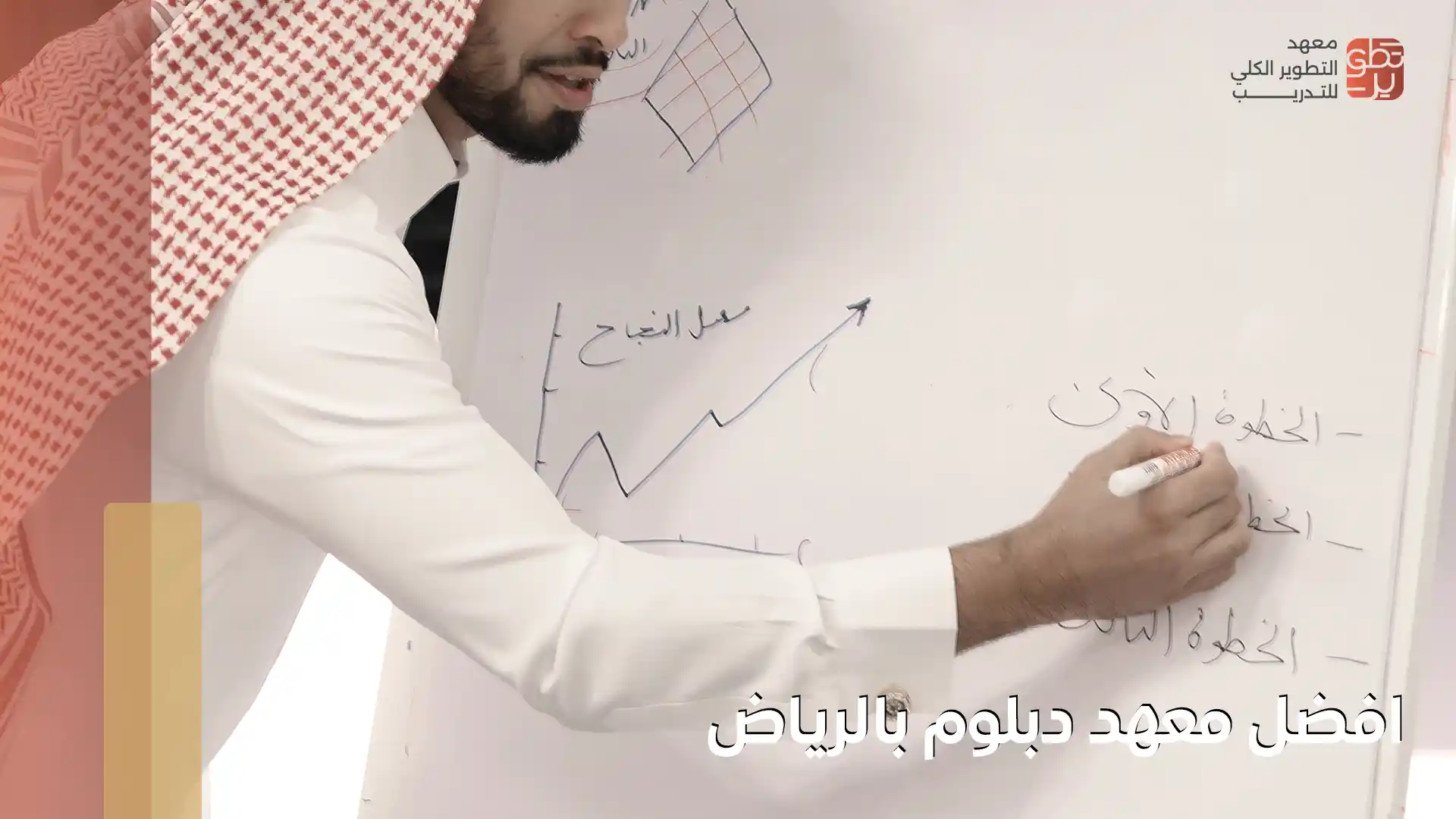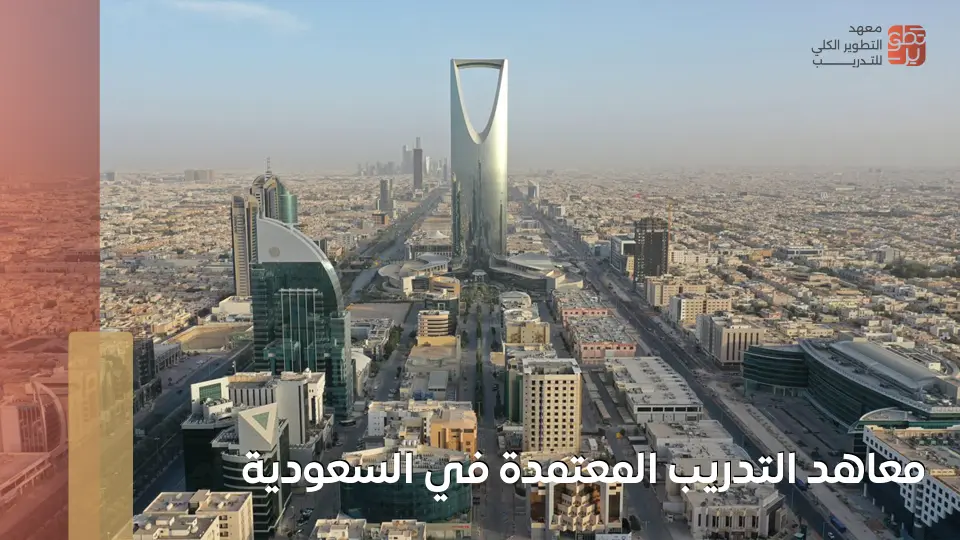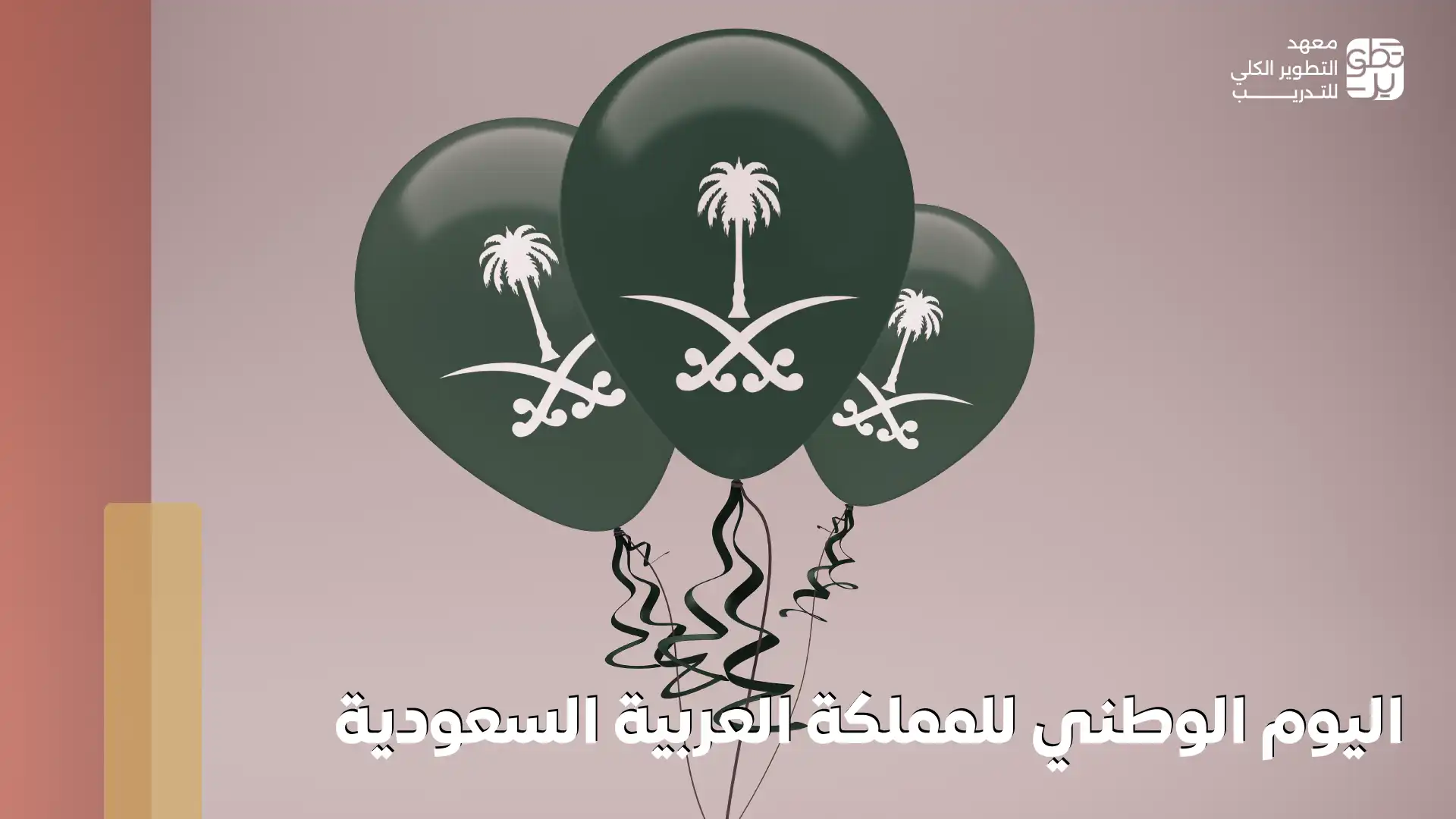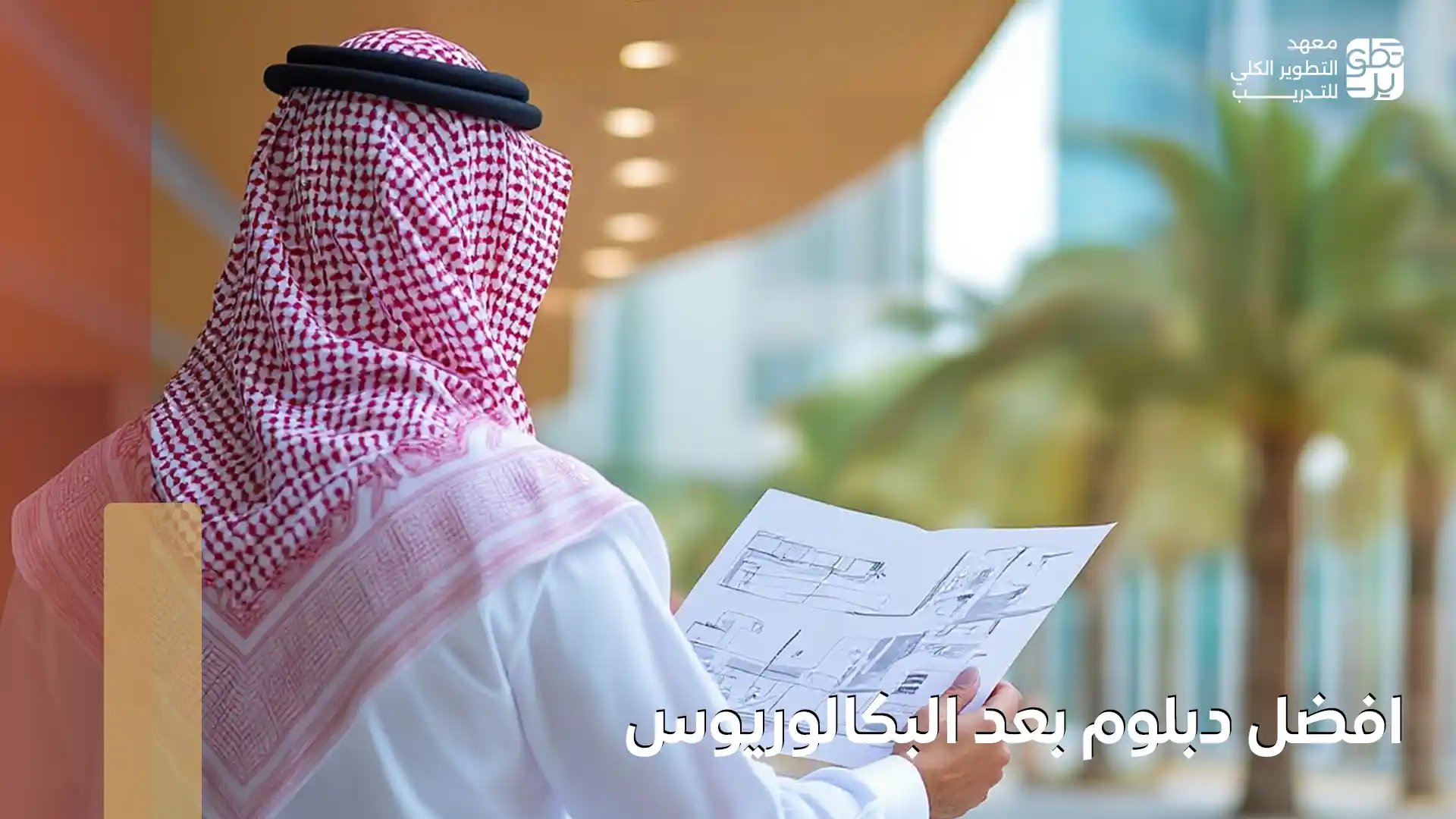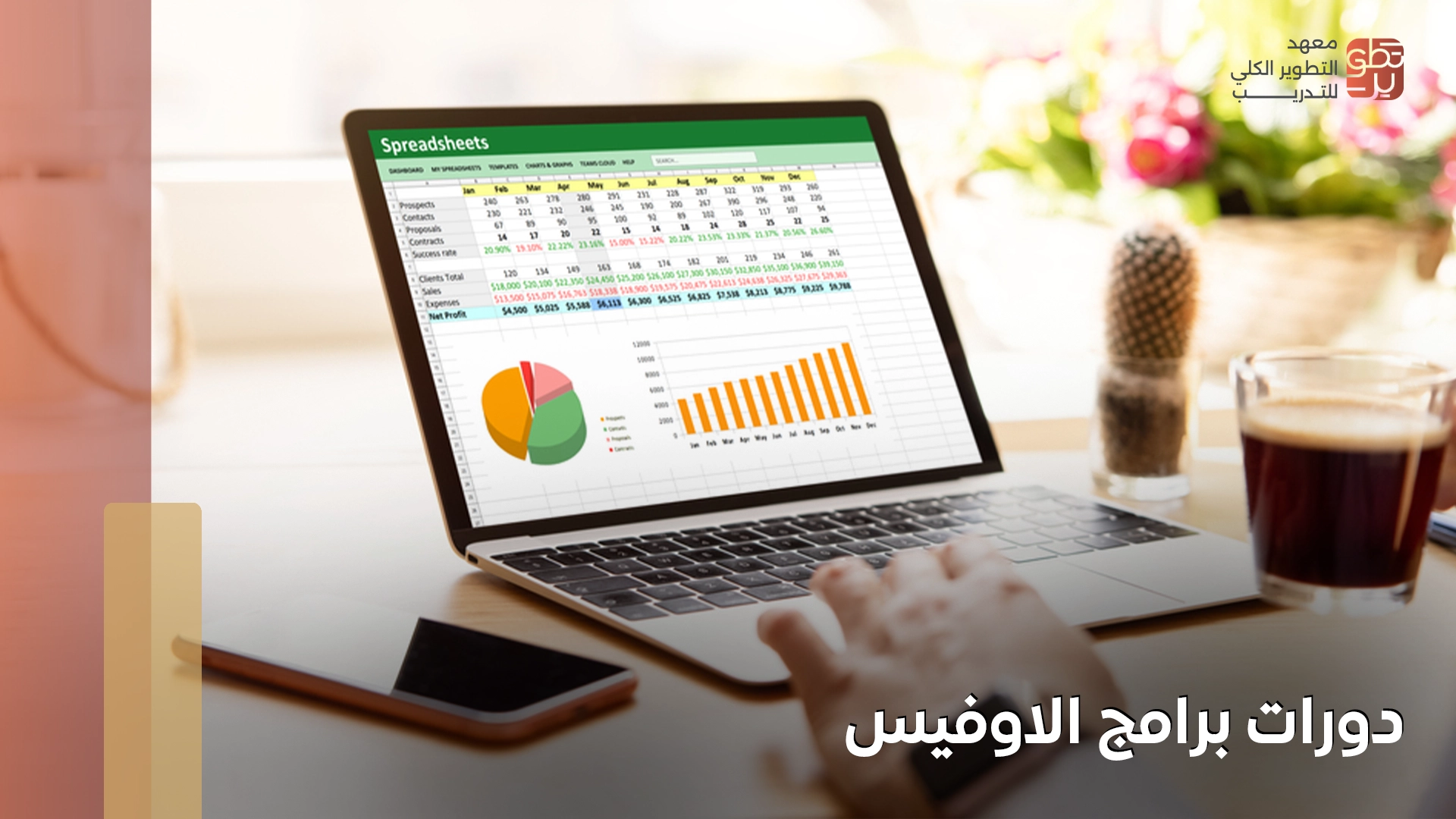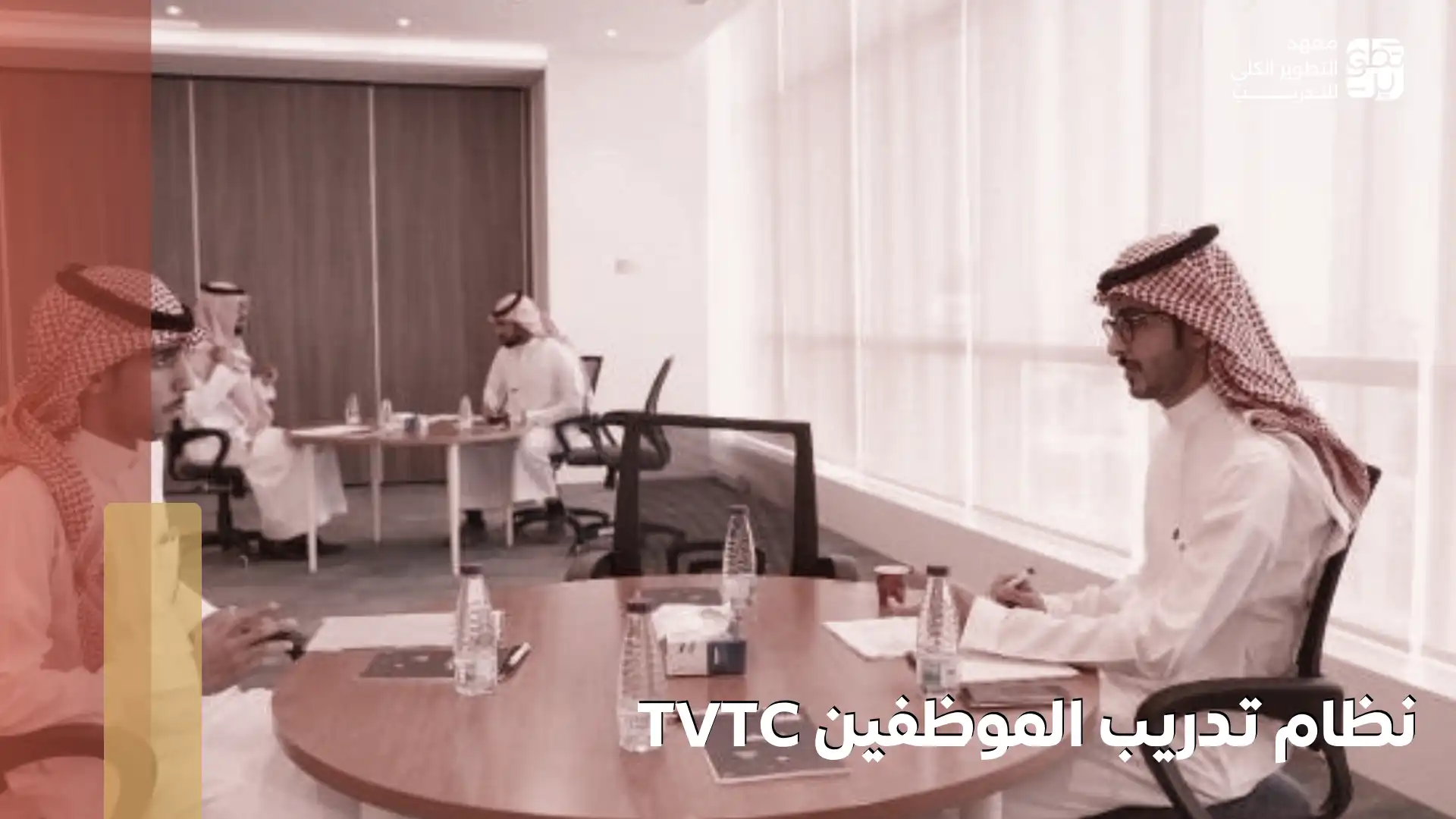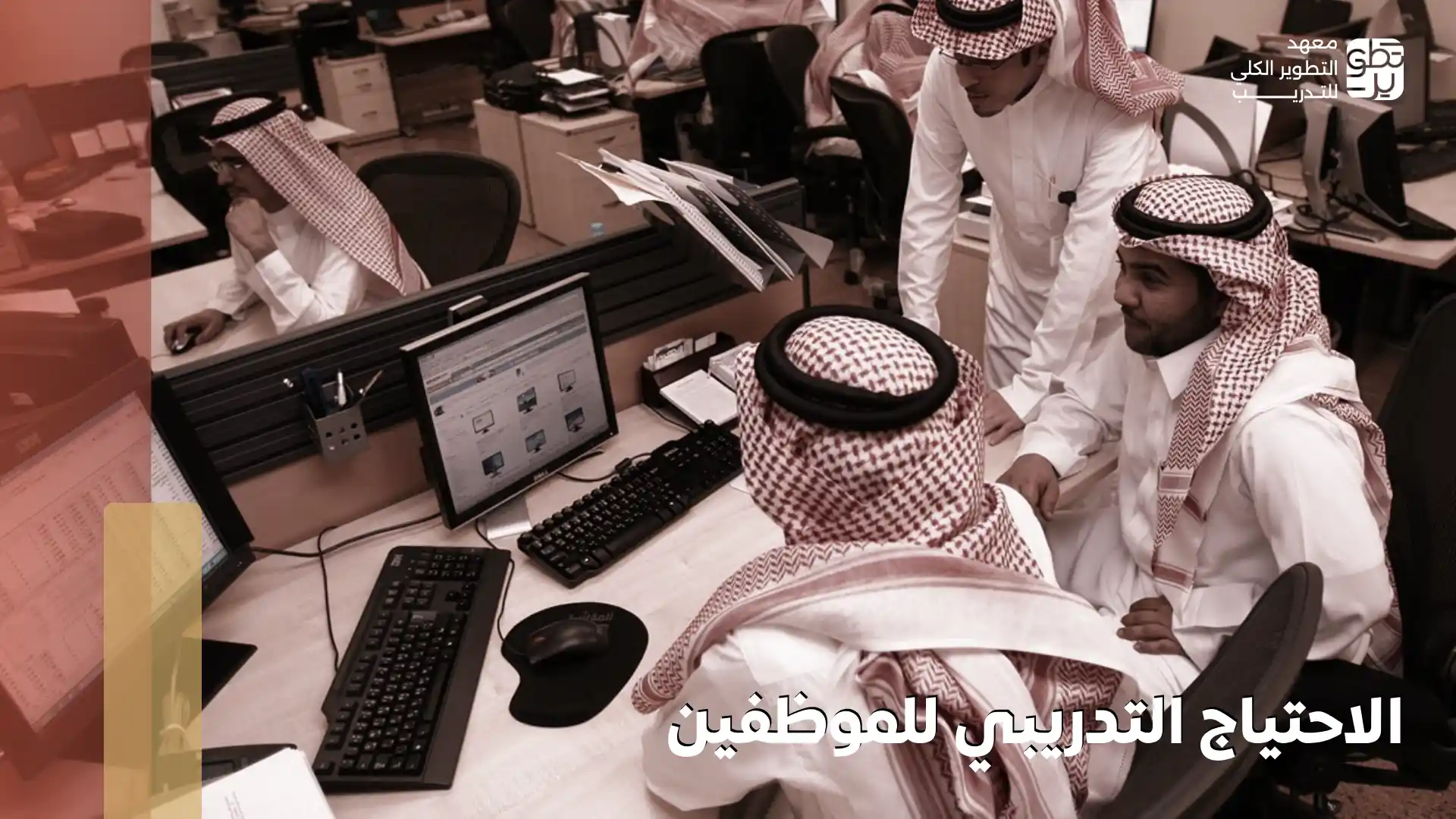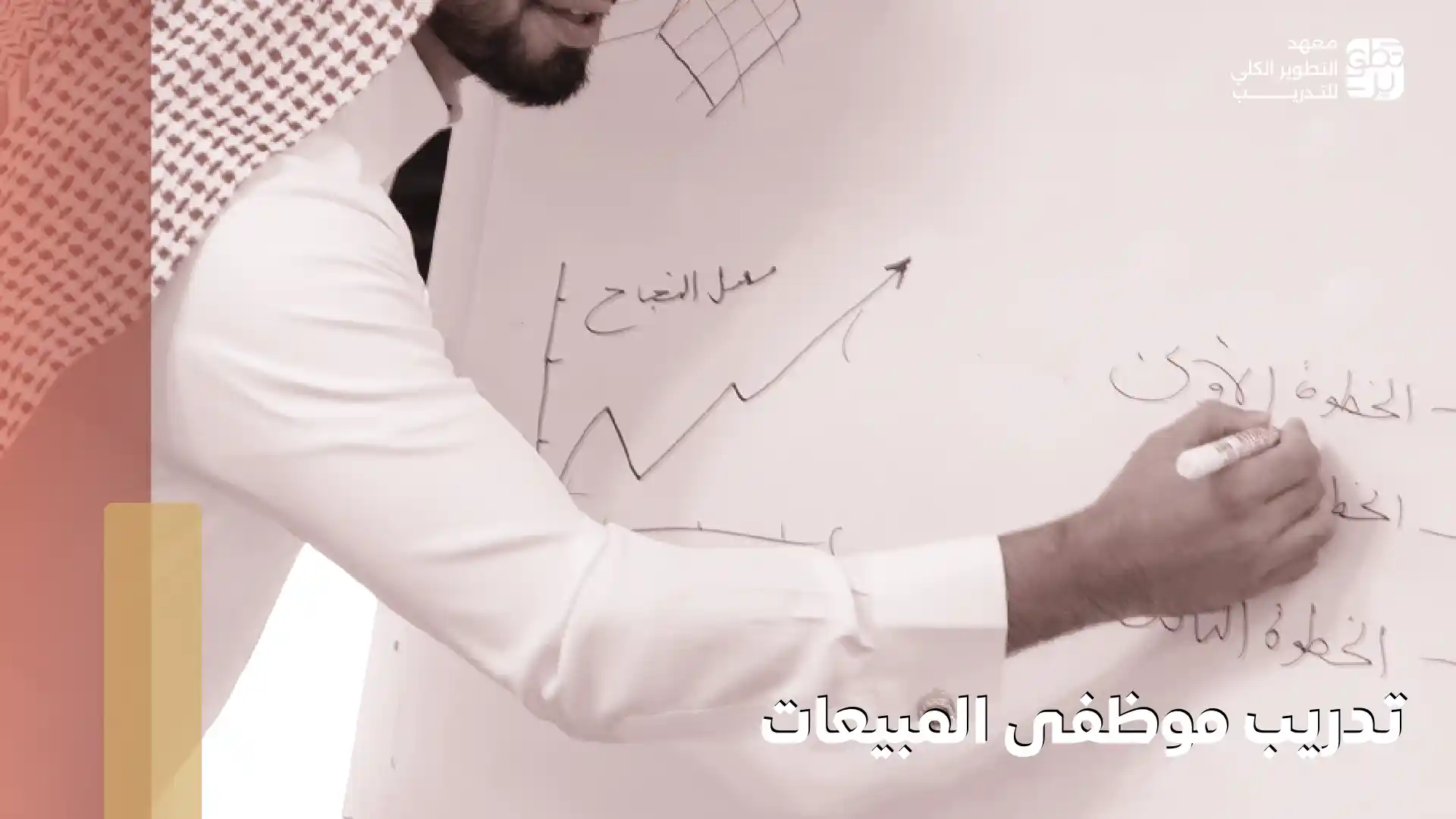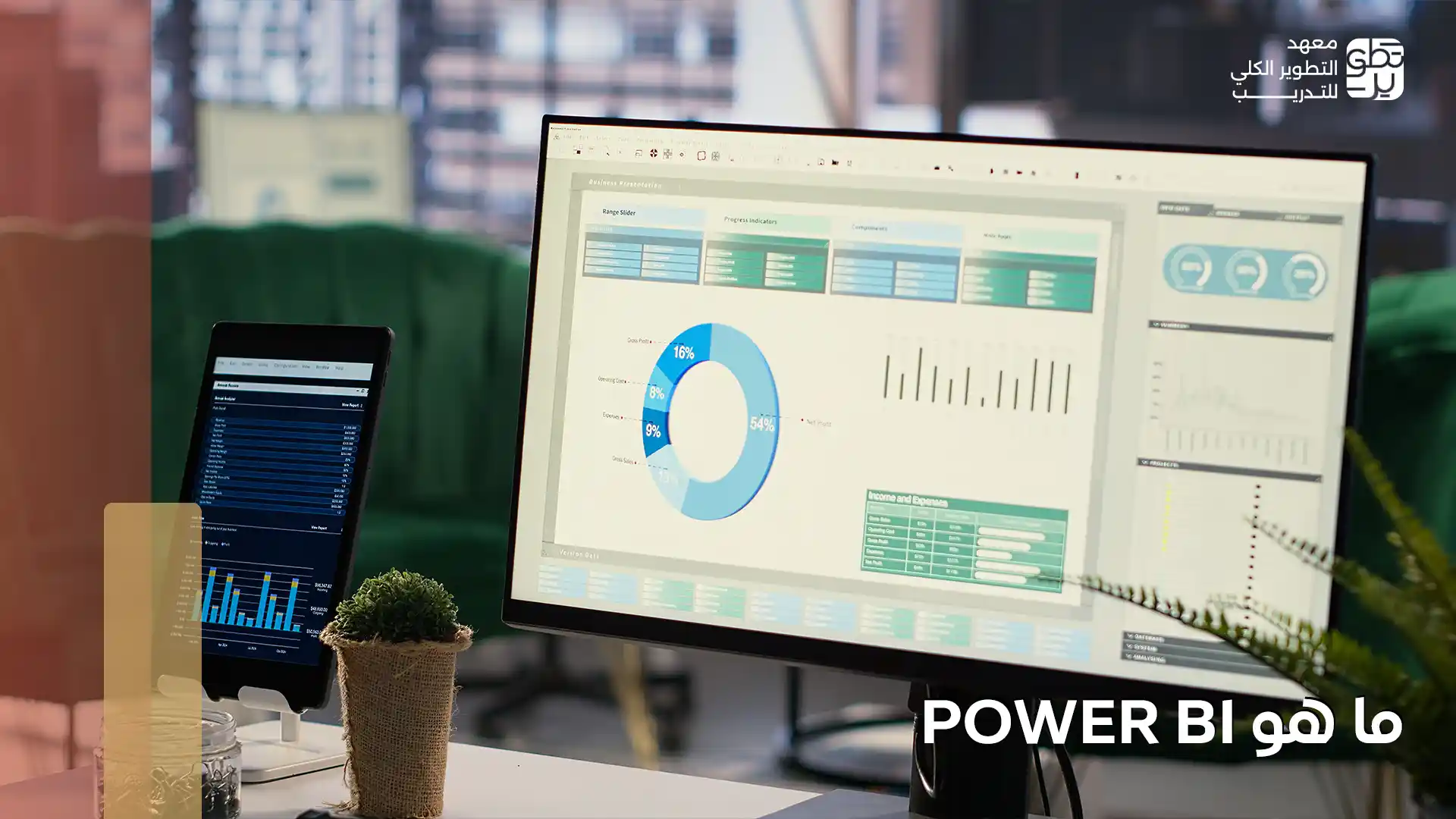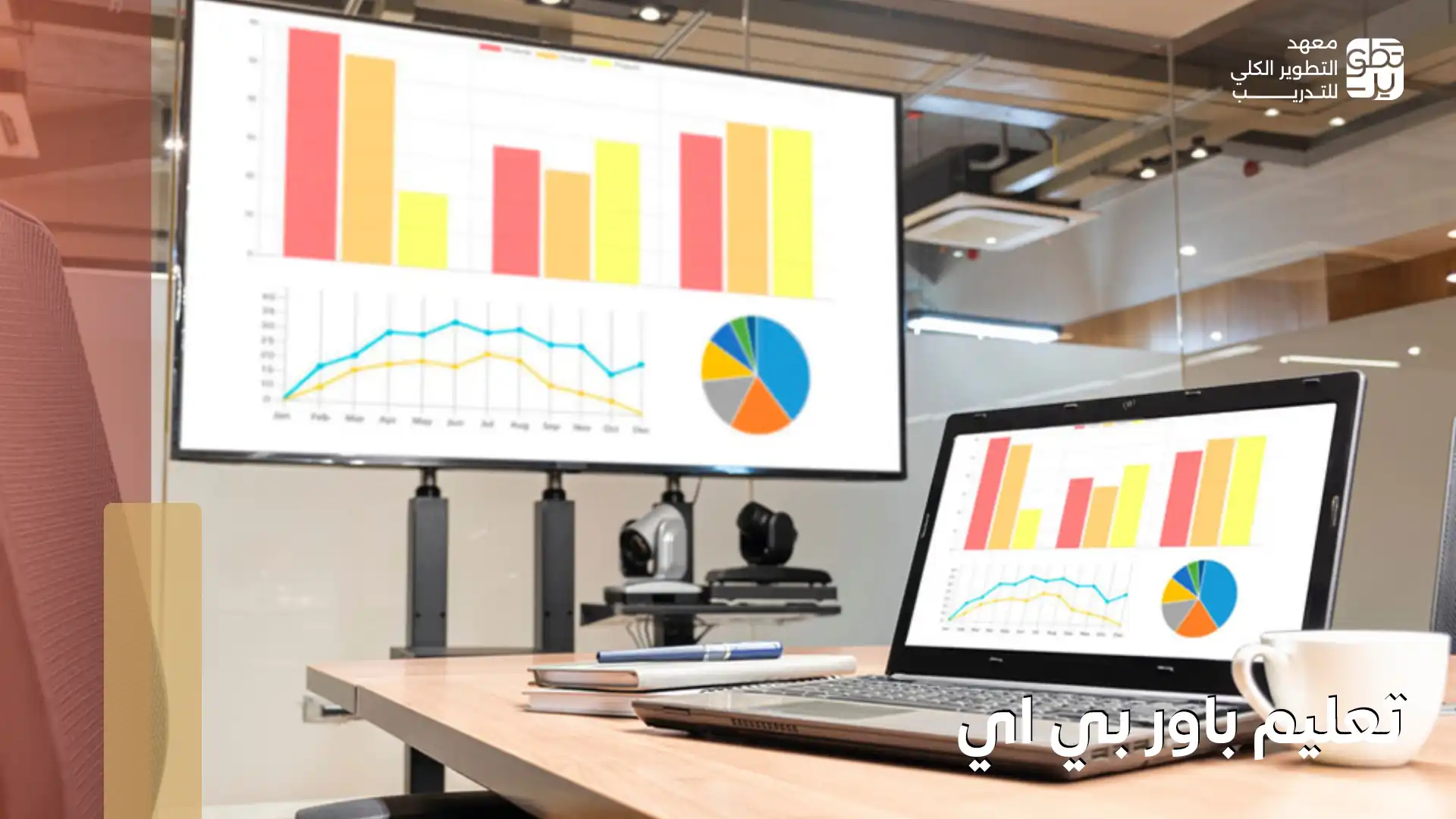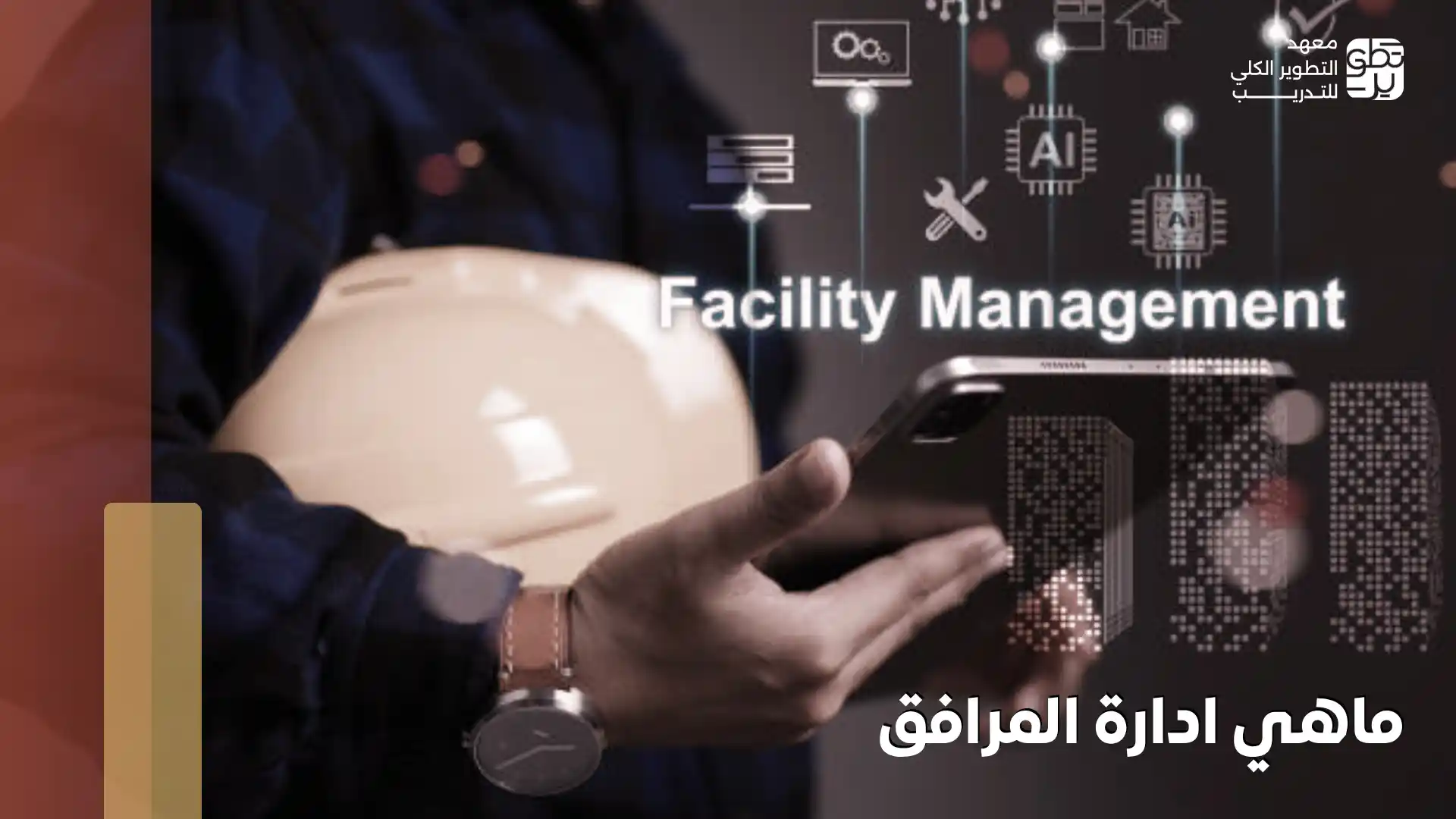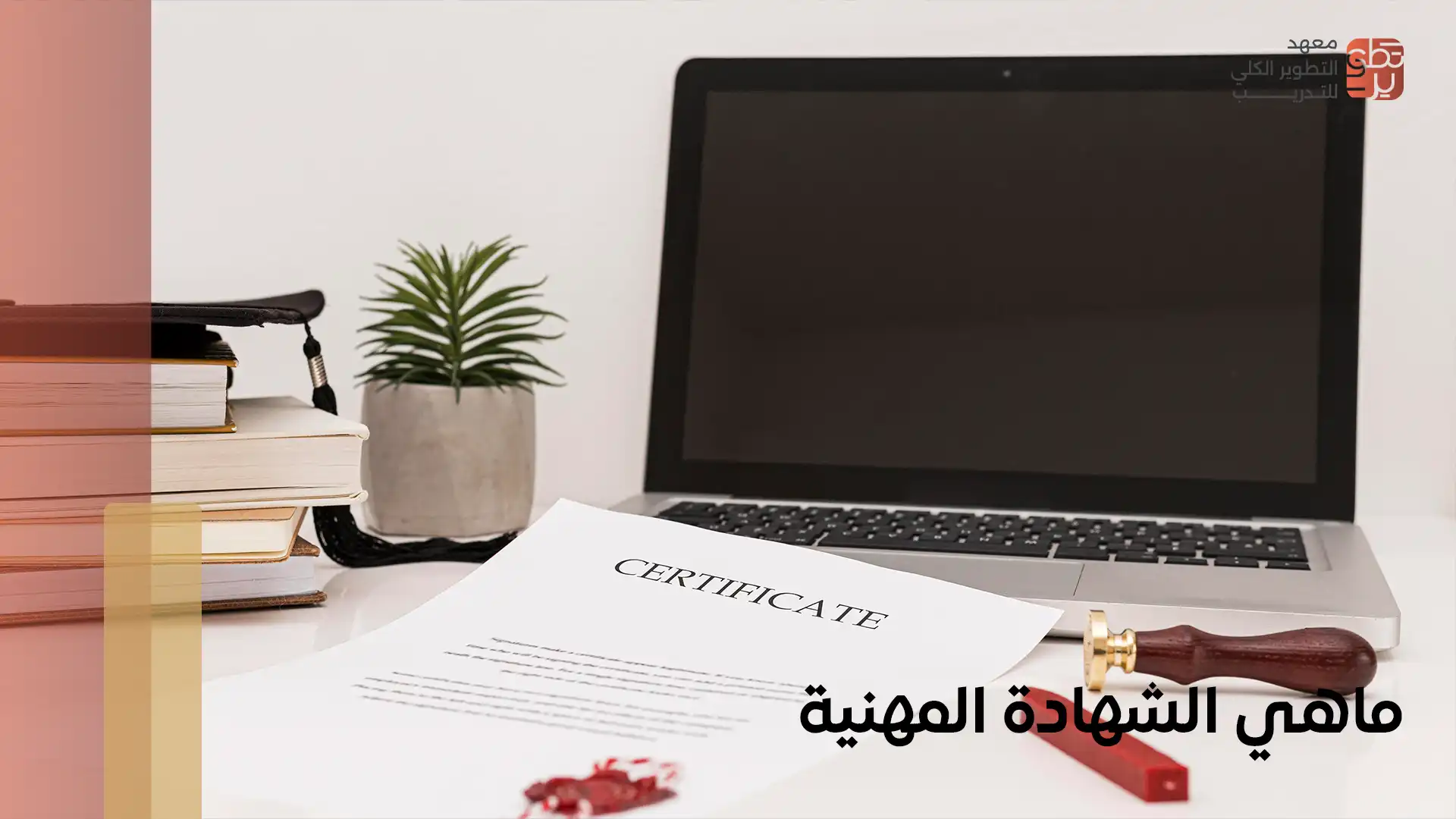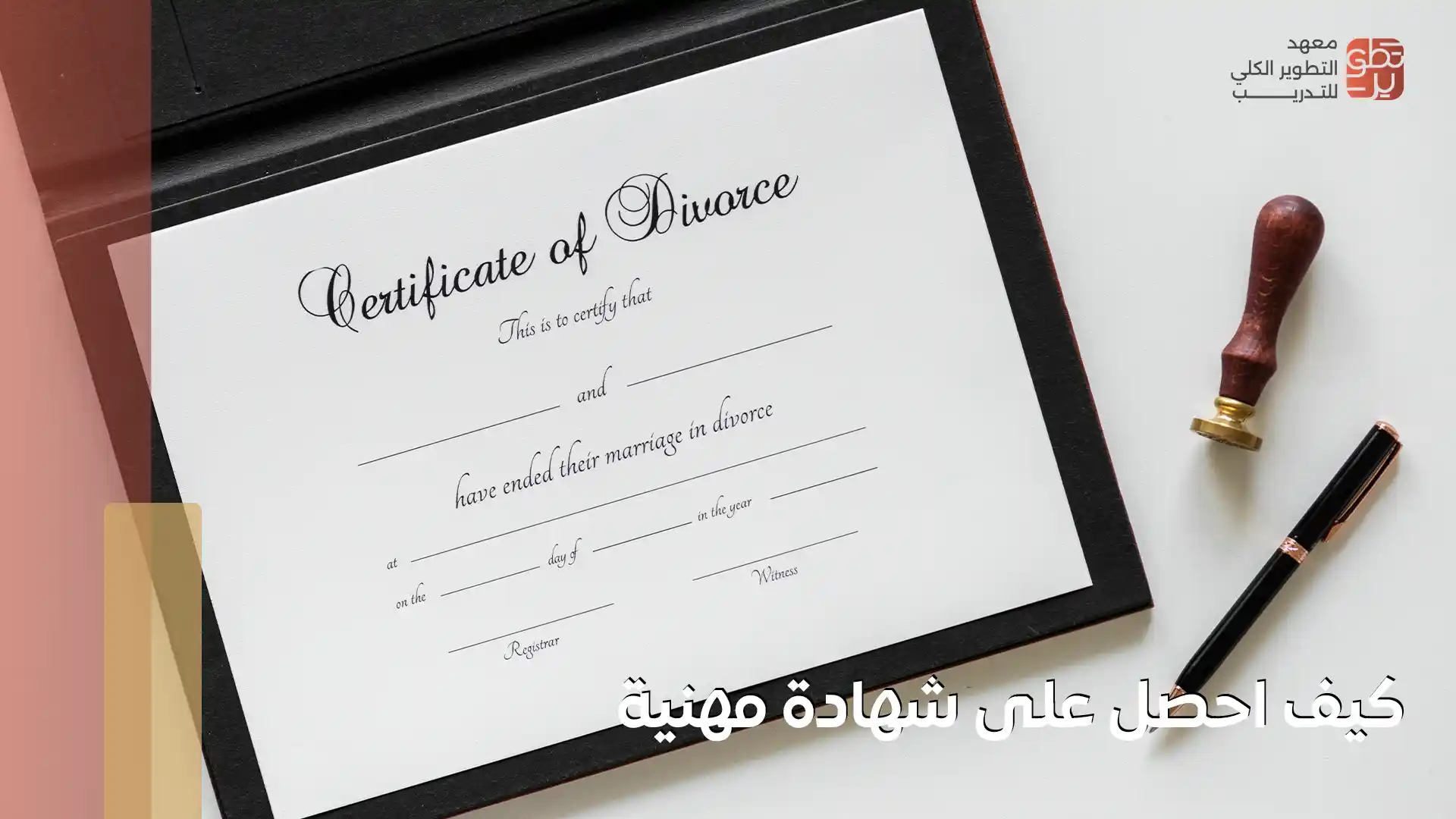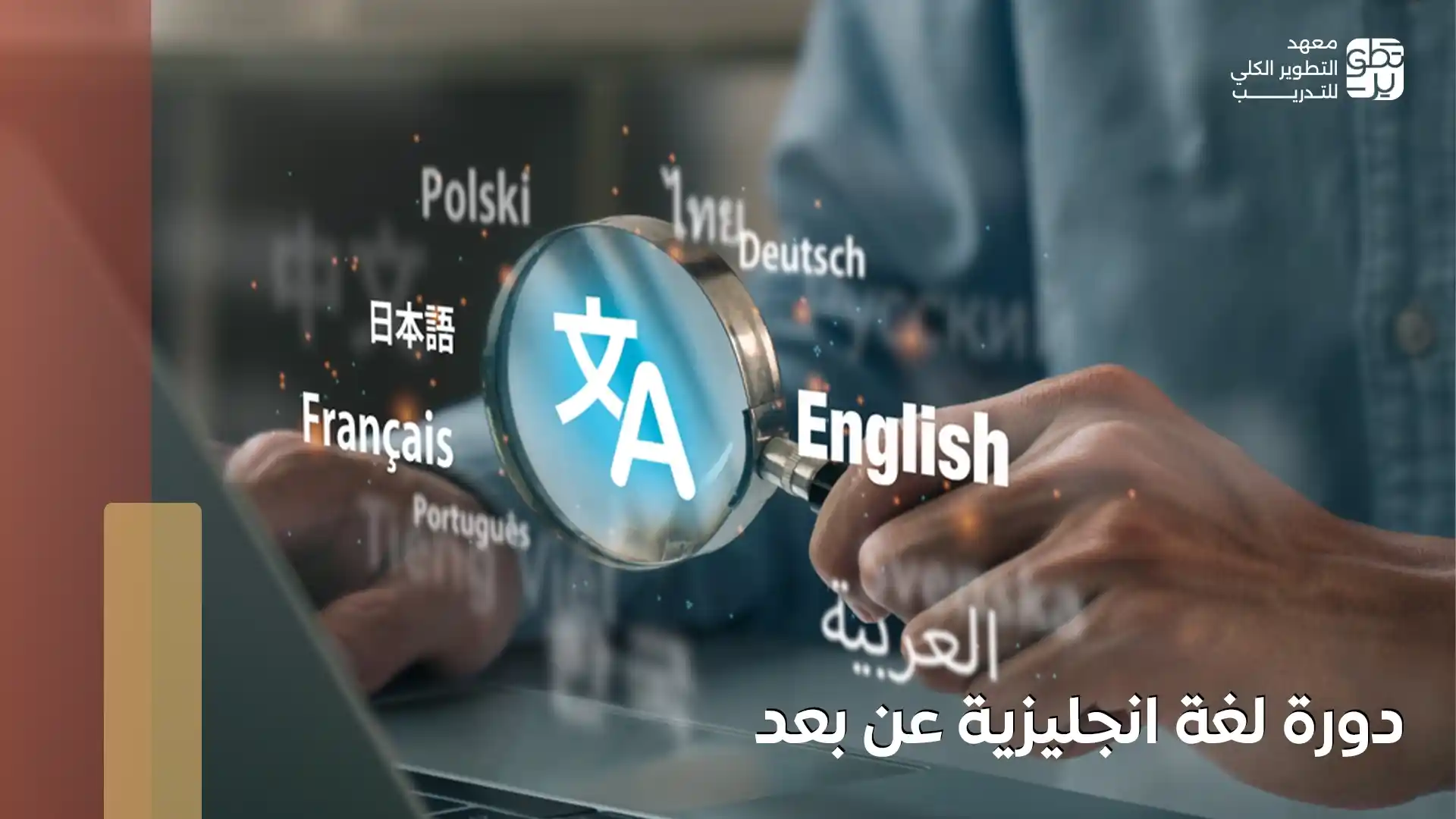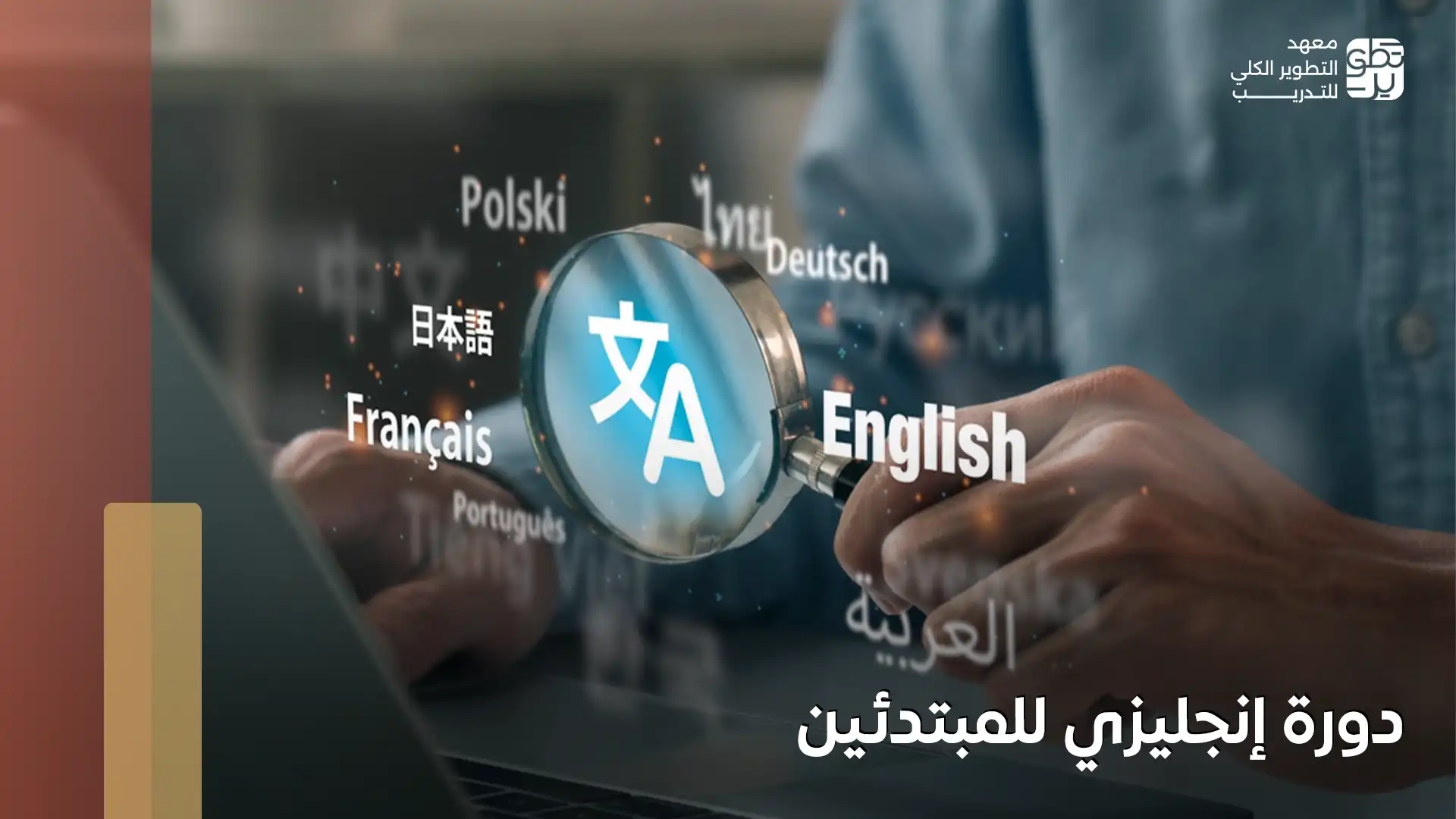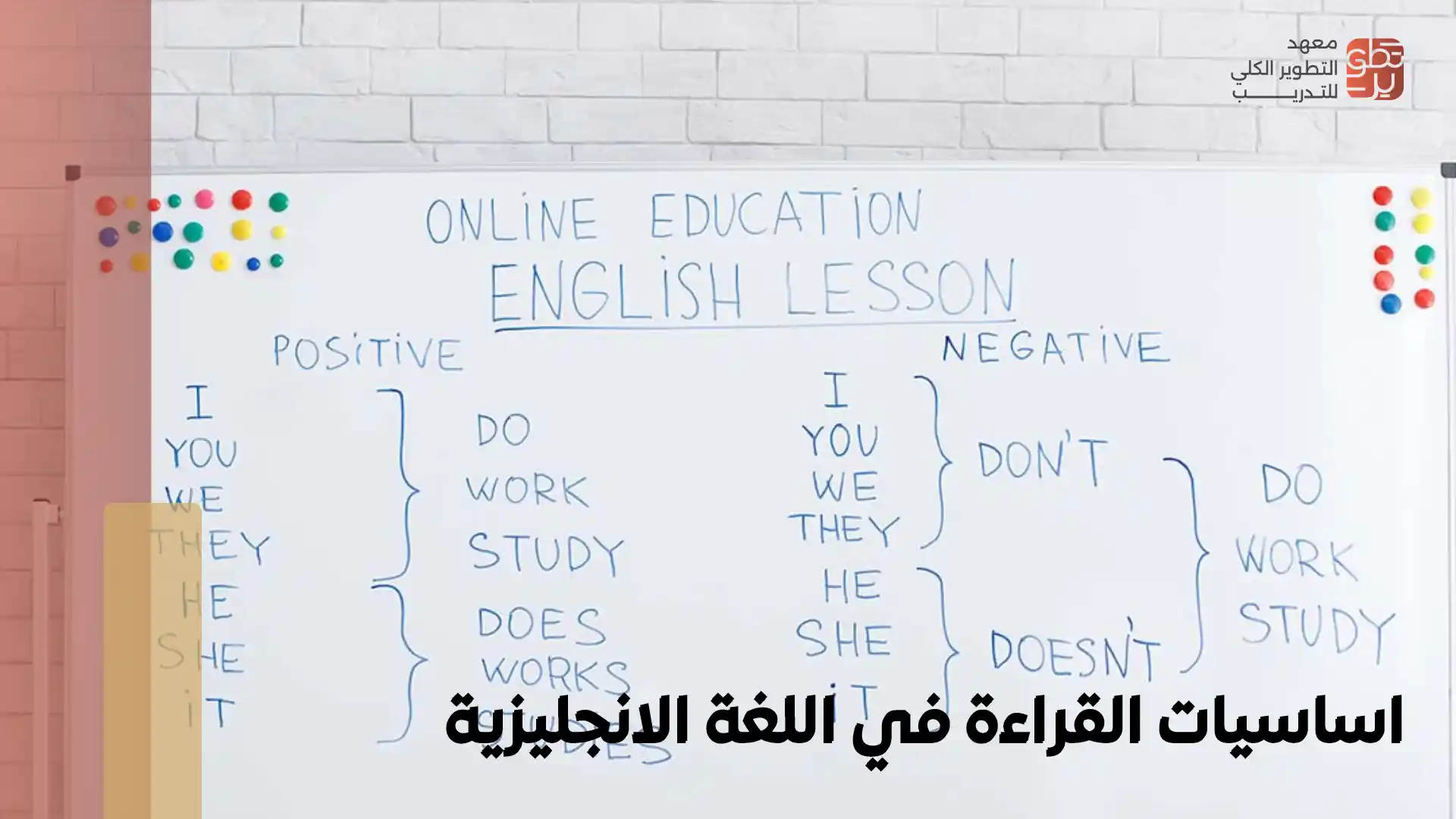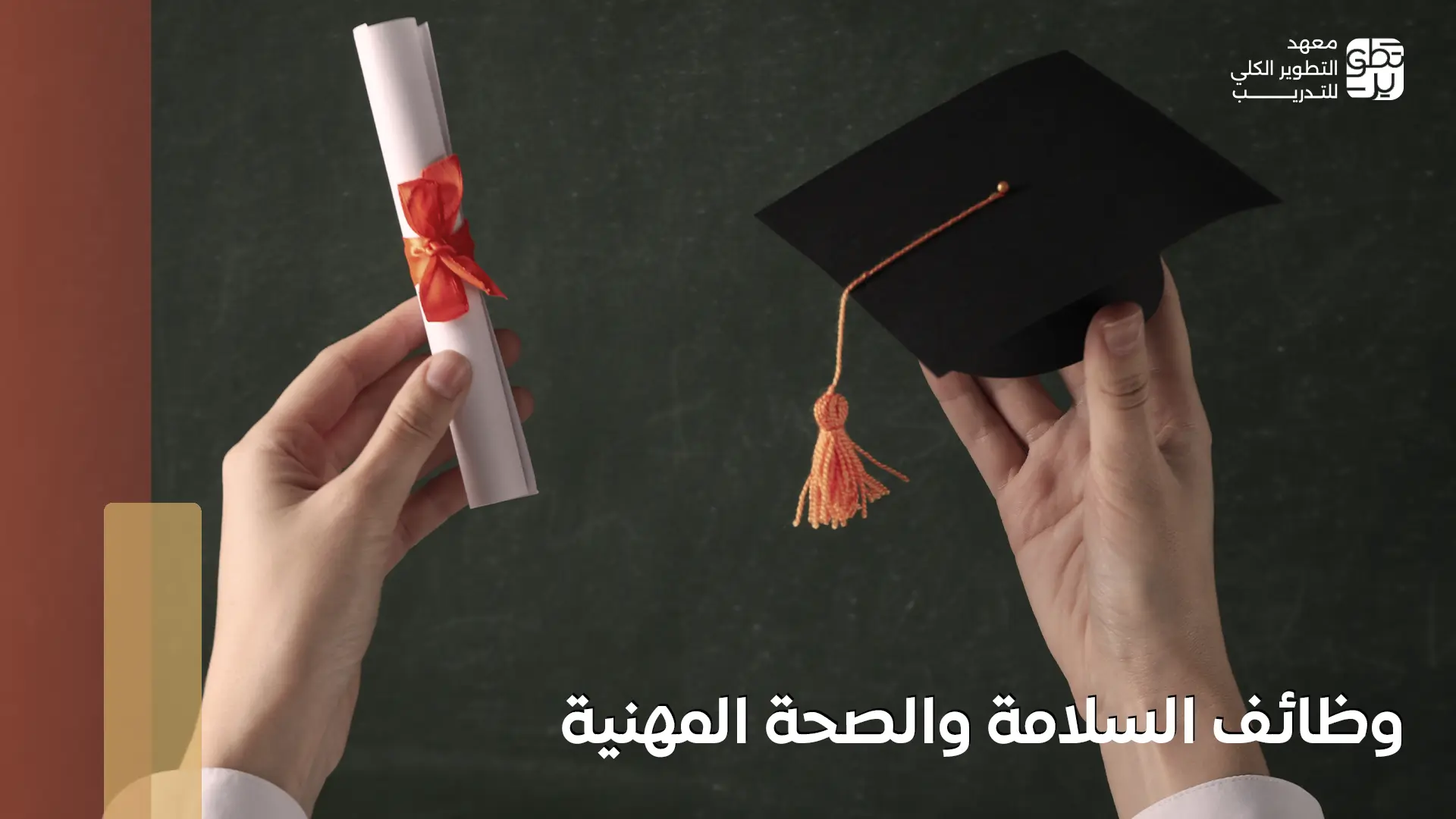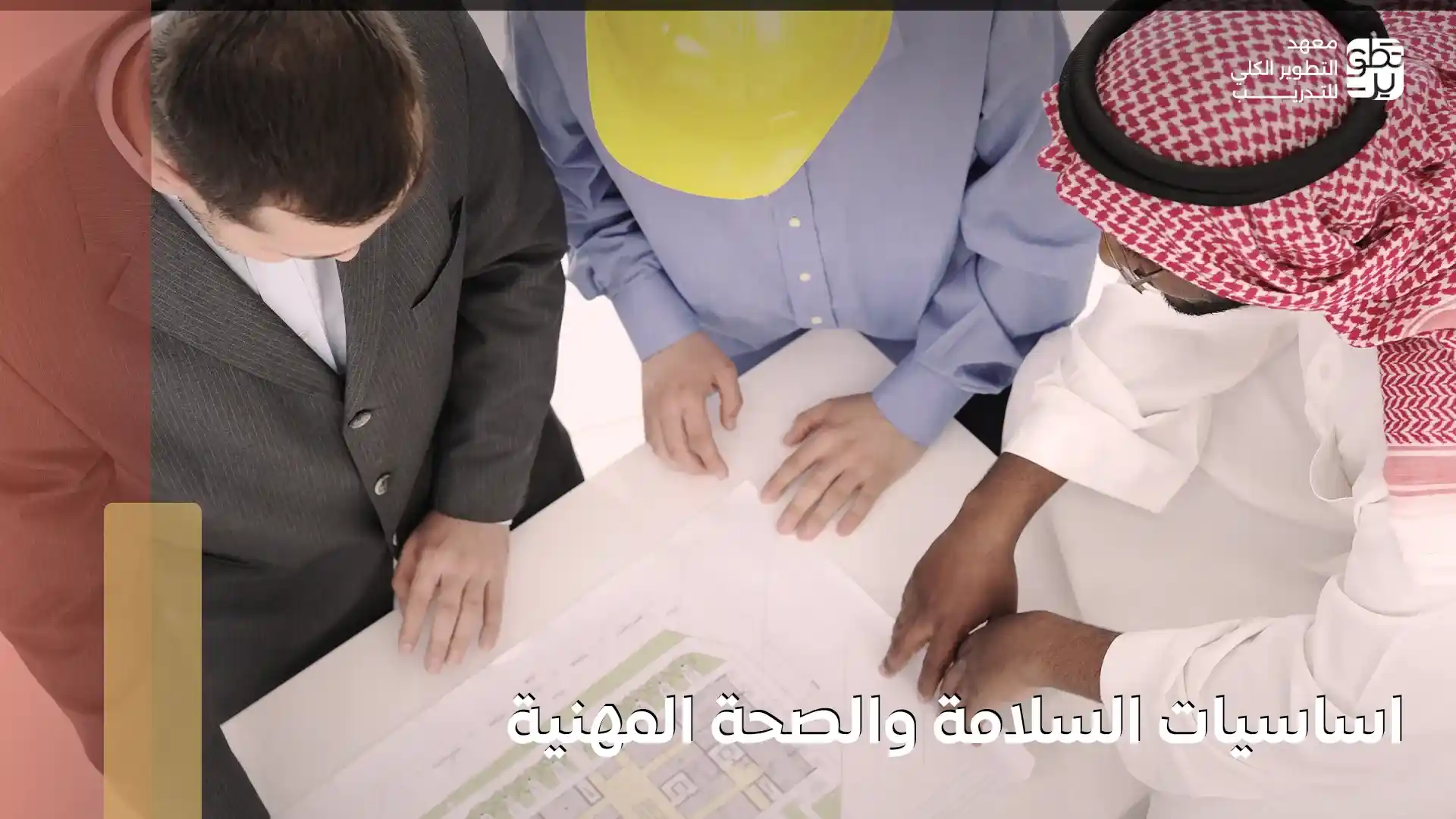
Diplomas are an important educational path within the Saudi education system, providing students with specialized certificates that enhance their chances in the job market and open up new opportunities for career advancement. The types of diplomas in Saudi Arabia vary based on academic level and specialized requirements, contributing to the development of professional skills and increasing employment opportunities in various fields.
In this article, we will explore the different types of diplomas in the Saudi education system and available training programs, as well as clarify the key differences between a diploma and a bachelor’s degree.
Types of Diplomas in Saudi Arabia
The types of diplomas in Saudi Arabia are diverse, catering to individuals with varying educational backgrounds and qualifications. They include:
1- Associate Diploma
The associate diploma is one of the basic types of diplomas, which can be obtained after completing the first academic year. Students must have a high school diploma to be eligible. The program typically requires at least 24 training hours and covers various professional disciplines that allow students to enter the job market quickly, while also paving the way for further academic or professional development in the future.
2- Intermediate Diploma
The intermediate diploma is a significant step in vocational education, lasting for two academic years, with a requirement of at least 60 training hours. This diploma provides participants with a solid academic foundation and practical skills that qualify them to work in various fields such as business administration, law, or human resources, helping to meet the growing needs of the job market.
3- Advanced Diploma
The advanced diploma offers participants the opportunity to further develop their skills in a specific area. This diploma lasts three academic years and requires the completion of at least 72 training hours. The advanced diploma is an ideal choice for students who seek in-depth expertise in their professional or academic fields.
4- Higher Diploma
The higher diploma is the most specialized type of diploma, requiring applicants to hold a bachelor’s degree. The program typically requires a minimum of 24 training hours and offers specialized training programs such as Occupational Safety and Health Administration (OSHA) or Cybersecurity Diplomas. The higher diploma allows individuals to delve deeper into specific fields, enhancing their ability to excel in their jobs or transition to higher career paths.
Available Specializations in Saudi Diplomas
Universities and institutes in Saudi Arabia offer a wide range of diplomas in various academic and professional specializations to meet the needs of both the Saudi and global job markets. Below are some of the prominent diplomas available to students:
- Law Diploma: The Law Diploma in Riyadh is one of the most sought-after specialties in Saudi Arabia, offering students a strong foundation in legal systems and various laws.
- Human Resources Diploma: The Human Resources Diploma focuses on developing skills in workforce management and achieving organizational efficiency within institutions.
- Nursing Management Diploma: This diploma is designed to equip healthcare professionals with the necessary administrative and health skills to manage nursing teams.
- Occupational Health and Safety Diploma: The Occupational Health and Safety Diploma is designed to train professionals in managing safety and protecting individuals and facilities from risks.
- Cybersecurity Diploma: With the increase in cyberattacks, the Cybersecurity Diploma has become a crucial program in the modern era.
- Hospital Management Diploma: This diploma focuses on equipping participants with the skills and knowledge needed to manage hospitals effectively.
- Office Management Diploma: The Office Management Diploma provides advanced administrative skills including planning, coordination, and time management using modern techniques in office work environments.
- Business Administration Diploma: The Business Administration Diploma is a popular specialization that equips individuals with the essential tools and knowledge in business management.
Differences Between a Diploma and a Bachelor's Degree
Both the diploma and the bachelor’s degree are academic credentials that are awarded upon completing a specific educational program. However, there are some notable differences between the two, including:
|
Criteria |
Diploma |
Bachelor’s Degree |
|
Duration |
1 to 3 years |
3 to 4 years |
|
Focus |
Professional skills and practical training |
Comprehensive academic knowledge in scientific and theoretical fields |
|
Objective |
Preparing for direct entry into the job market |
Providing opportunities for specialization and deeper study in multiple fields |
|
Type |
Short-term educational program |
University academic degree |
|
Field |
Specific professional disciplines |
Broad academic and scientific disciplines |
|
Job Opportunities |
Limited to a specific profession |
Broad opportunities across various academic and scientific fields |
In other words, to clarify the difference between a diploma and a bachelor’s degree, a diploma is a suitable option for those who want to acquire specific skills in a short amount of time, while a bachelor’s degree is ideal for students who seek broader academic education in a particular field. You can also learn about the difference between a higher diploma and a master's degree.
How to Choose Among the Available Diplomas in Saudi Arabia?
Choosing an accredited diploma in Saudi Arabia requires careful consideration based on specific criteria that ensure you gain a certificate that adds value to your professional journey. Here are several factors to keep in mind when making this decision:
- Accreditation: It is important to ensure that the institution offering the diploma is officially recognized by government or accredited educational bodies such as the Ministry of Education or the Technical and Vocational Training Corporation (TVTC).
- Alignment with Career Path: Make sure that the diploma you choose aligns with your current career path or the field you wish to work in the future.
- Program Content: Verify that the program includes contemporary topics and incorporates practical training and applications to enhance your skills.
- Market Recognition: Research the recognition of the diploma in the job market.
- Time and Budget: Choose a diploma that fits within your available time and budget.
In conclusion, choosing an accredited diploma is a critical step in developing your skills and increasing your opportunities in the job market. By considering factors such as official recognition, relevance to your profession, and the program’s content, you can make the right decision that aligns with your goals.
Don’t forget to check the recognition of the diploma in the market and the flexibility of study offered by the institute, and choose the best diploma after completing your bachelor’s degree.
Frequently Asked Questions
Can I work in a different field if I obtain a diploma in another area?
Yes, you can work in a different field if the diploma you earned provides you with the necessary skills and knowledge for that field. However, it is best if the diploma aligns with your interests or professional specialization to ensure the best career opportunities and growth in the market.
Does an accredited diploma enhance my chances of getting a better job?
Yes, an accredited diploma increases your chances of getting a better job because it demonstrates to employers that you have received specialized education in the field you are pursuing.



